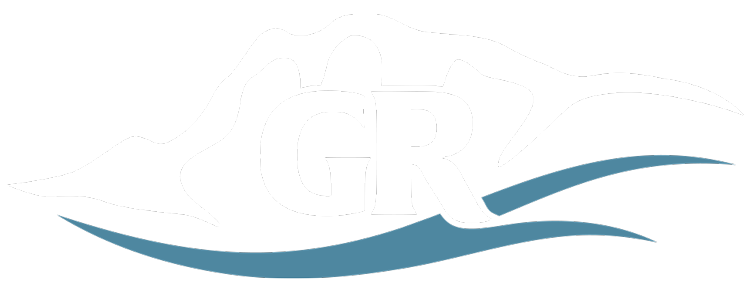The History & Vision of Glide Revitalization
Glide Revitalization was originally formed in 2014 by a small group of residents who wanted to build a park and community space in Glide. The group worked on beautification projects around the community to help boost economic growth and had even planned the very first Sasquatch Festival to take place in 2019.
Unfortunately, COVID-19 forced everyone indoors and the festival was put on hold. Before the event could be rescheduled Glide faced another life-changing event with the Archie Creek fire.
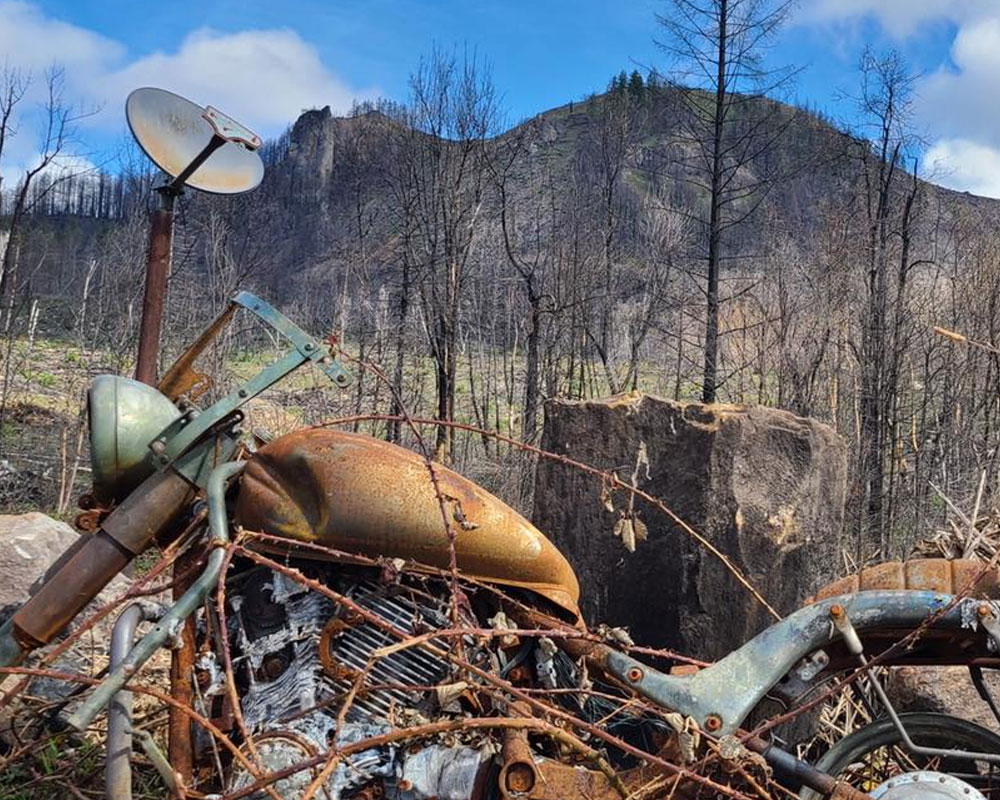
Archie Creek Fire
The Archie Creek Fire, ignited on September 8, 2020, near Glide, Oregon, rapidly escalated into one of the most destructive wildfires in the state’s history. It scorched over 130,000 acres of land, including large portions of the surrounding forested areas, leaving a trail of devastation in its wake. In Glide, a small rural community nestled amidst the picturesque landscapes of the Umpqua National Forest, the fire’s impact was particularly severe. 109 homes were destroyed, displacing families and disrupting the fabric of the tight-knit community. The fire also inflicted significant damage to critical infrastructure, including power lines and roadways, hindering access and complicating relief efforts. Beyond the immediate physical destruction, the Archie Creek Fire deeply traumatized residents, many of whom faced uncertainty and hardship in its aftermath. The long-term repercussions included economic setbacks, ecological disturbances, and psychological distress, and more.
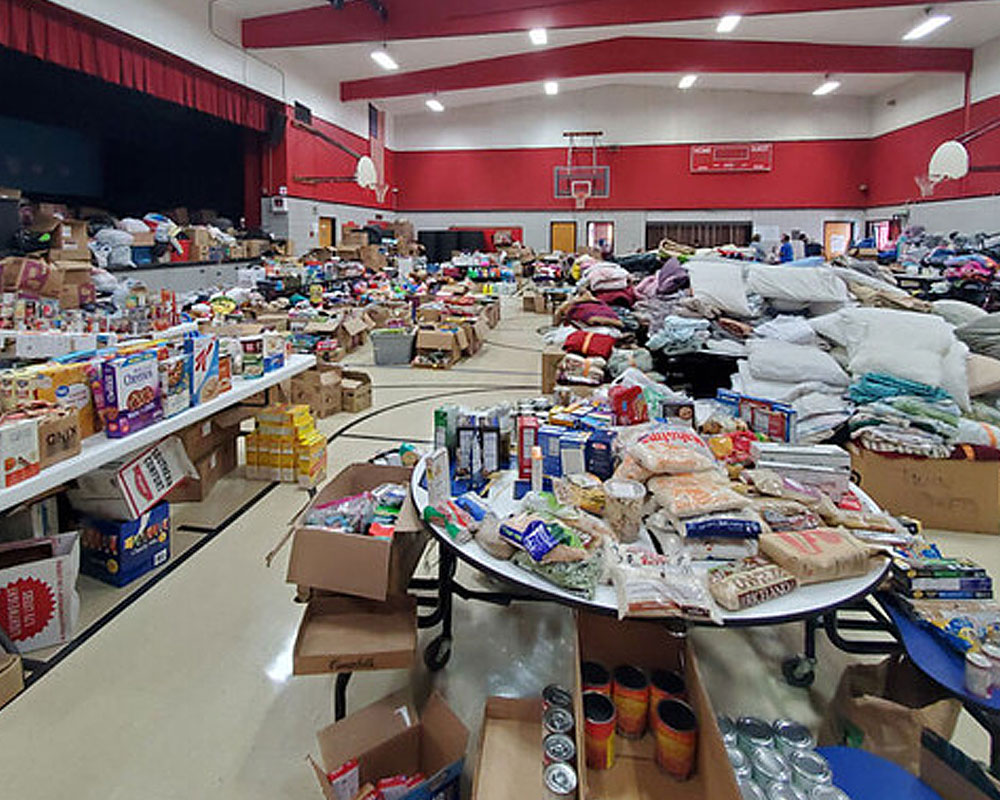
Community Response
In the midst of the chaos, local residents stepped in to protect Glide. Community members from construction, ranching, farming, logging, and other industries took their personal equipment and tools toward the fire to defend the town. They were bolstered by local fire agencies from Roseburg, Kellog, North Douglas, Sutherlin, Elkton, Oakland, Tenmile, Camas Valley, Riddle, Tri-City, Fire District 2, and many more. Without this response, Glide would have been lost.
Nearby communities opened their homes, and for over a week local churches and businesses provided food to the displaced residents and agency firefighters while they waited for a camp to be established. The entire community united, turning local buildings and parking lots into temporary RV sites, ensuring everyone had access to meals and restrooms.

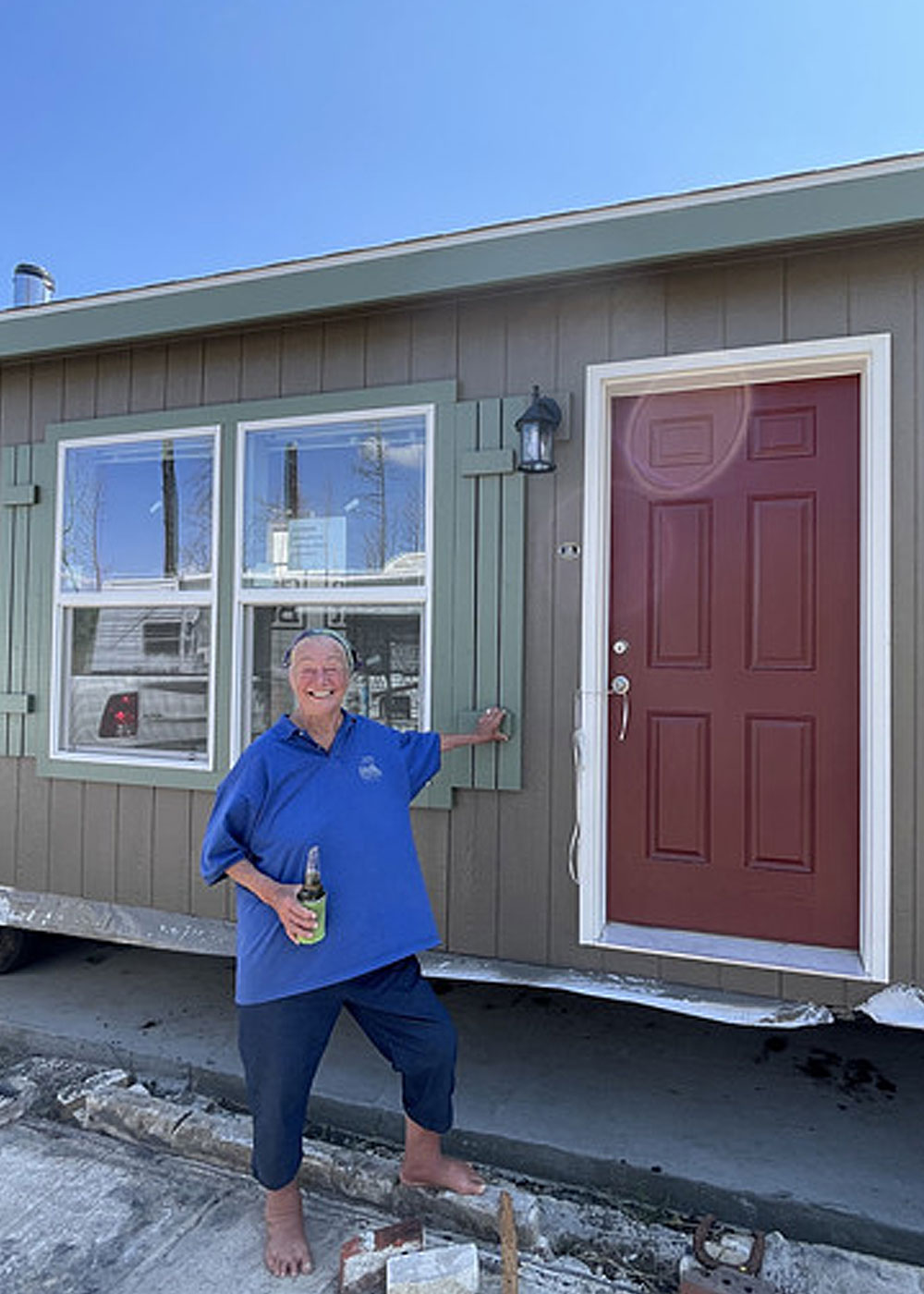
Glide Revitalization Evolves
Meanwhile, Glide Revitalization worked behind the scenes, coordinating relief efforts and providing essential support to fire survivors. We focused on getting everyone to safety, found safe places for animals, coordinated volunteers, and found motels that would house people.
To stay organized, we began categorizing names and documenting losses while assisting in the retrieval of birth certificates and IDs. This was the beginning of what would become our casework for survivors. The initial intake list had almost 300 names, all organized by local volunteers.
Our caseworkers began navigating complex FEMA applications for fire impacted families and advocated for assistance both at a state and federal level to ensure Douglas County was included in recovery dollars.
Knowing the recovery would take years, we worked to form our Long Term Recovery Group and received funding from the Ford Family Foundation along with private donations of over $235,000. This funding was distributed to fire survivors as needed to help the community rebuild.
Building Economic Stability for the Future
Our focus has always been to take a holistic approach to assess the community’s needs and the fire highlighted additional gaps we needed to fill. As our assistance for survivors began to wind down, we built a plan for economic growth and recovery for our region. Collaborating with consulting groups, we developed a strategic plan rooted in community feedback, business insights, and educational perspectives. With this information, we were able to find the root cause of many challenges and identify four main areas of focus to build a stronger, more resilient community.
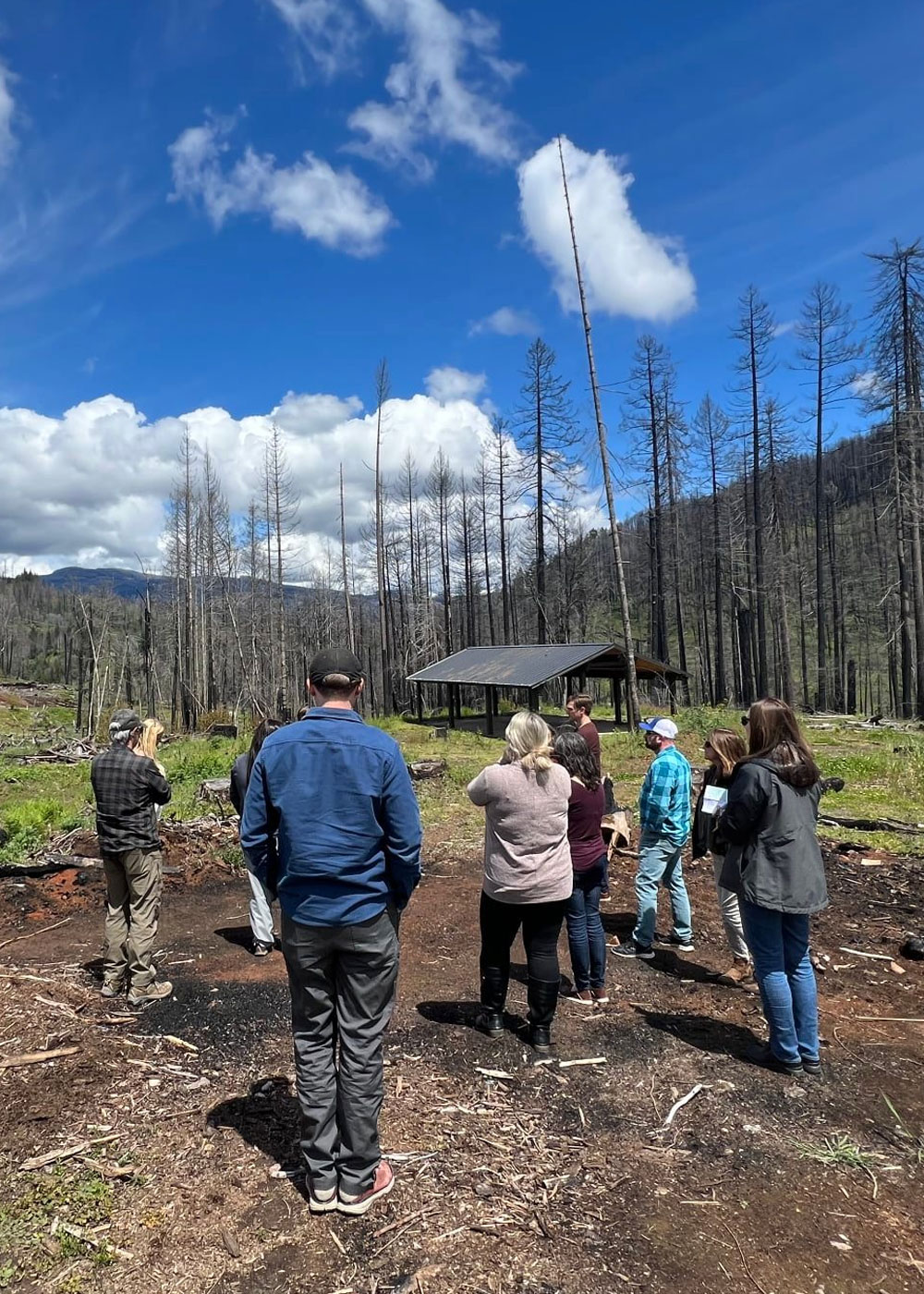
Disaster Relief & Preparedness
The actions taken during and following the Archie Creek Fire were all very reactive. While we had emergency plans in place for evacuation and an amazing team of firefighters and citizens with vital knowledge of how to fight the flames, the community did not have a plan for how to organize and rebuild.
We realized we needed to educate our citizens on how to prepare for disaster. We wanted to focus on creating a defensible space as the best preparation for future fires. Knowing our recovery is not over, Glide Revitalization offers services to support the community before and after wildfire tragedy including:
- Preparedness and response to educate the community on building a defensible space and to assist fire survivors following a disaster.
- Fire mitigation to assist residents in clearing flammable vegetation from their property and building barriers to their homes
- Long-term recovery to guide residents affected by the fire through insurance claims, document recovery, clean up and rebuilding, and mental health support.
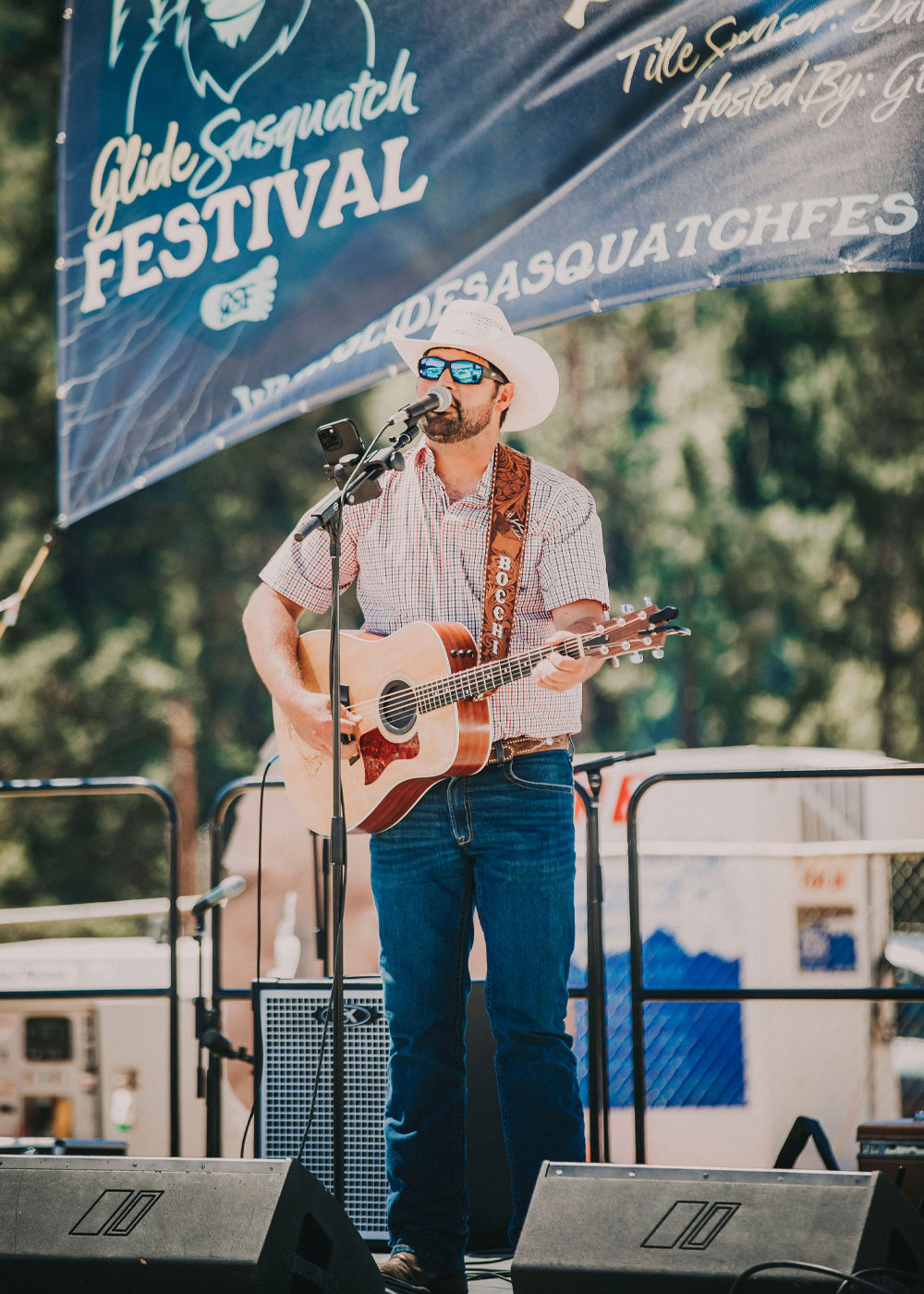
Economic Growth & Development
The Archie Creek fire destroyed much of the beauty along the Rogue-Umpqua Scenic Byway, a source of tourism for Glide. Without the scenic byway and its recreation areas we have had a decline in visitors leading to decreased revenues for local businesses. The loss of revenue has a domino effect as the loss of tax revenue impacts our schools resulting in lower teacher retention and fewer extracurricular activities.
The fire not only devastated the scenic byway, but also consumed a significant amount of merchant timber, another primary source of revenue for Glide. This loss of a vital natural resource has deeply affected both the local timber industry and the community’s economic stability as a whole. Private landowners lost their homes and retirement and the town lost revenue from tourism as the fire destroyed parts of the river and triggered landslides and erosion.
As part of our rebuilding efforts and to support future economic stability we are working on multiple fronts in Glide including:
- Partnerships with state and federal organizations including the National Parks Service focused on establishing recreation opportunities along the scenic byways.
- Local events to increase visitors to our area including our featured event, the Glide Sasquatch Festival. This event draws in over 4500 people and allows us to source materials and supplies from local businesses, boosting our economy even further.
- Workforce training and development at the high school and adult levels to address skill gaps and promote a strong work ethic through partnerships with JobCorp, SOWIB, Recruit Hippo, and the Epic Program through Pheonix School. We’ve also partnered with Umpqua Community College (UCC) to help students earn certifications needed for work in the childcare industry which supports parents and boosts the local workforce.


Childcare & Education
Through our research on how to best support our community, we’ve uncovered common challenges local businesses face. Lack of dependable employees is a growing concern, partly due to inadequate childcare options for employees. Business owners also noted a shift in attitudes toward work, especially a lack of self-discipline and self-control, along with over-dependence on personal devices.
To simultaneously boost families and businesses we’re focused on education and support across our community including:
- Early education and childcare initiatives beginning with our Little Loggers Playschool where we blend structured learning with free play and outdoor activities to help develop self-control and discipline from an early age. This childcare option also provides working parents with a flexible and reliable solution so they can be dependable employees.
- Scholarships and internships for local schools and students including sports sponsorships as well as the Carmen Bernal Compassionate Nursing Scholarship and Skilled Trade Scholarship.
- Advocacy and community collaboration for sustainable solutions and systemic change. By engaging with local businesses, educational institutions, and government agencies, we’re advocating for policies and initiatives that support workforce development, childcare accessibility, and early childhood education.
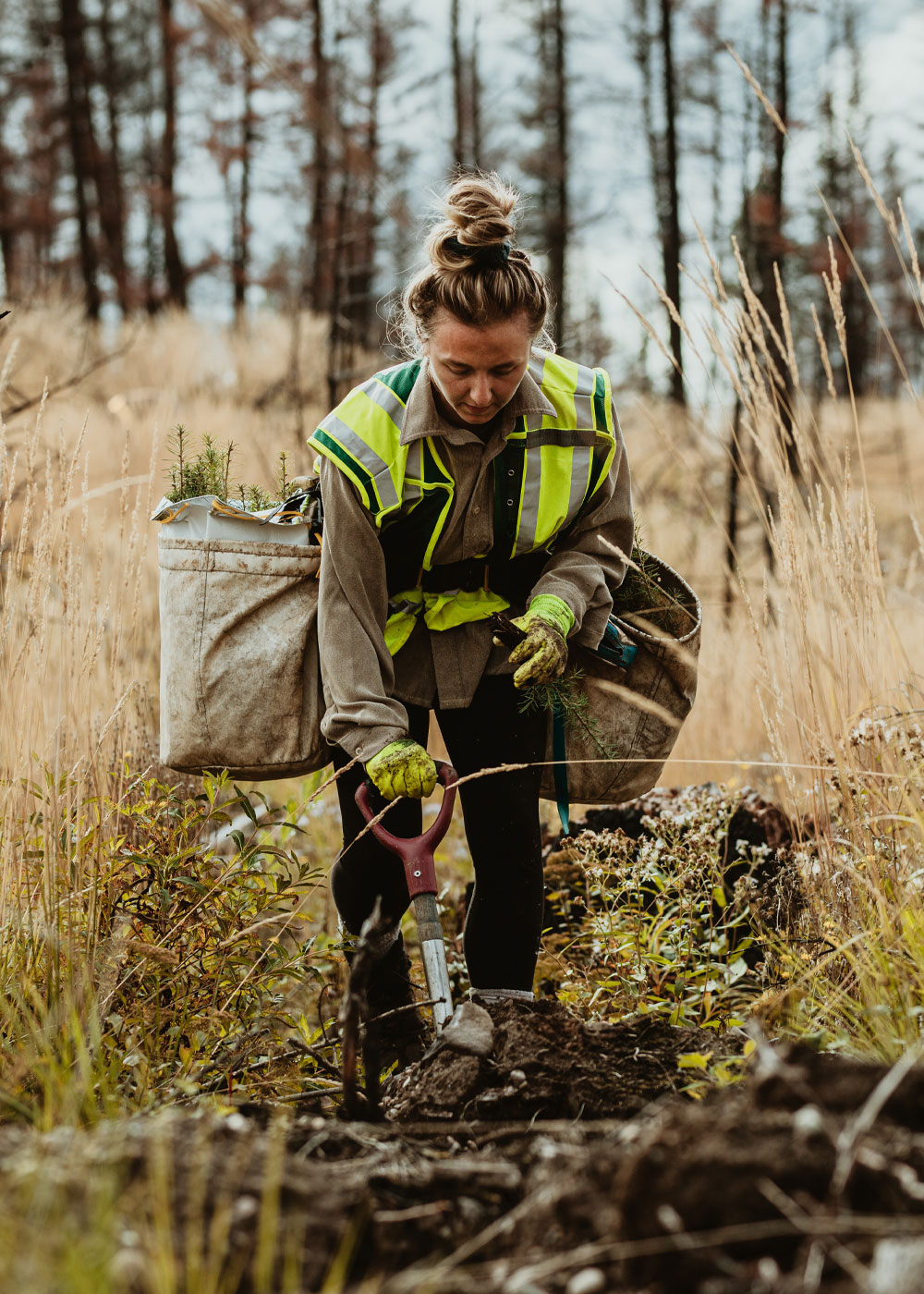
Reforestation & Recreation
We recognize the urgent need for reforestation efforts following the devastating effects of the fire. The loss of trees has triggered a cascade of environmental problems, including landslides, increased stream turbidity, and elevated water temperatures, which threaten the survival of important fish species like salmon and steelhead.
The absence of forest canopy has fueled the rapid growth of invasive weeds in our area such as scotch broom, blackberries, and poison oak, creating a higher risk of future fires as these create a dense layer of fuel beneath already dead timber. If this catches fire it will spread very quickly and we will be starting all over with our rebuilding and recovery.
To help alleviate these risks and help our environment recover, we’ve taken steps to
- Clear fallen timber and flammable vegetation to create defensible spaces around more than 135 structures through partnerships with Oregon Conservation of Douglas County, Oregon State Fire Marshal, Glide Fire, Northwest Youth Corps, and Douglas Fire Protective Association. Much of the fire-burned wood has been repurposed into bundles of firewood donated to community members.
- Plant 400,000 seedlings to restore the forest canopy and protect against erosion through collaborations with the Arbor Day Foundation, Sustainable Northwest, and NRCS to replant and rejuvenate the area.
- Distribute over 10,000 Douglas-fir seedlings to Oregon community members in the past three years, engaging them in our reforestation efforts and promoting a more sustainable environment.
Despite our best efforts, the rapid growth of weeds poses a serious threat to the survival of these youth trees and landslides may wash out the work we’ve already done. Our ongoing efforts are aimed at tackling these environmental challenges and securing additional funding to support the restoration of our forests, safeguarding against further degradation of our natural landscapes.

Focusing on the Future
As we look toward the future, Glide Revitalization remains steadfast in our mission to support and uplift our community. By listening to our residents, taking action on issues affecting our region, and implementing programs to boost our economy and environment we know we will see great results. Through collaboration, education, and unwavering dedication, we’re committed to building a stronger, more resilient Glide for all who call it home.
Are you in need of help from Glide Revitalization, or interested in getting involved? Contact us today and let us know!

